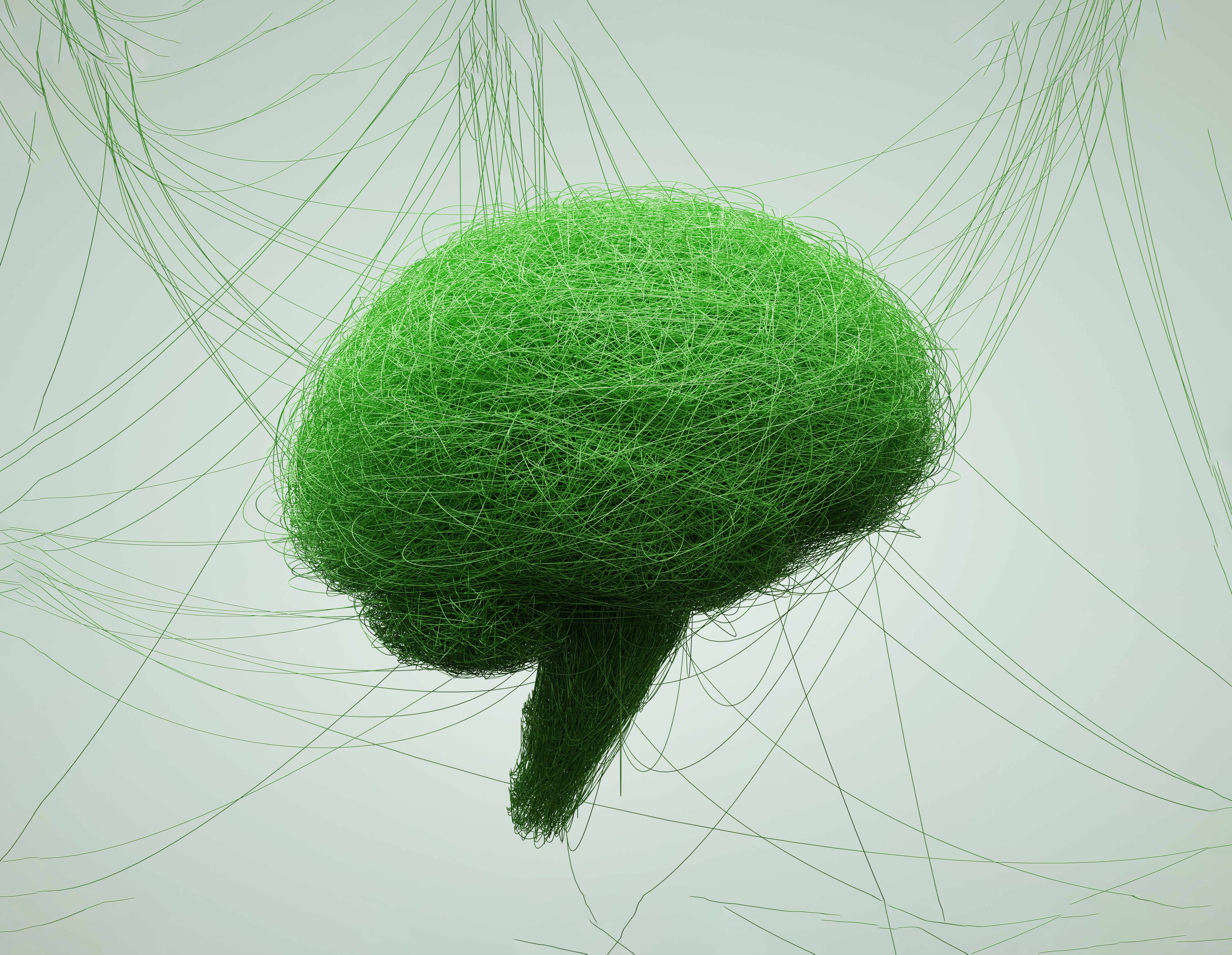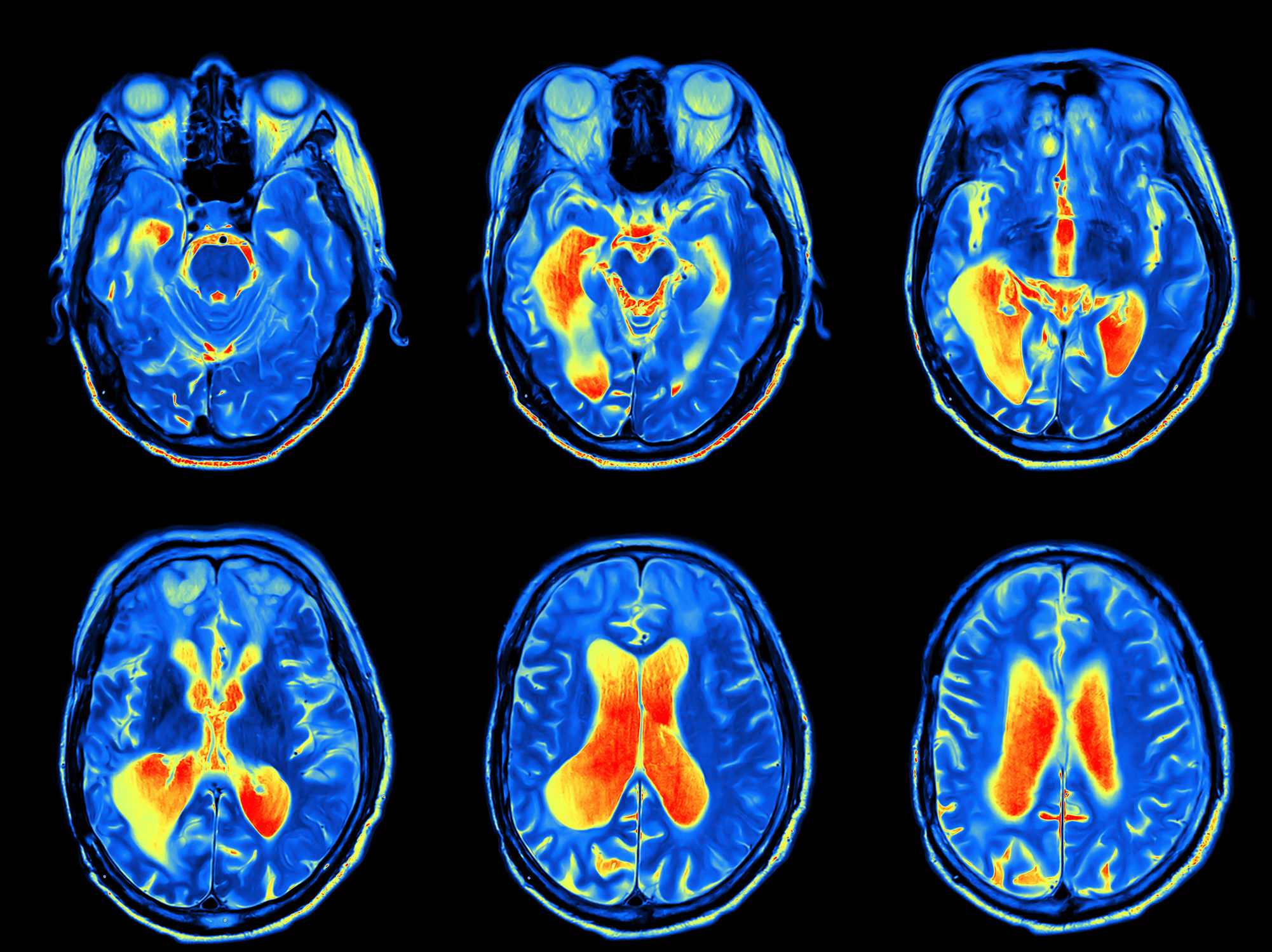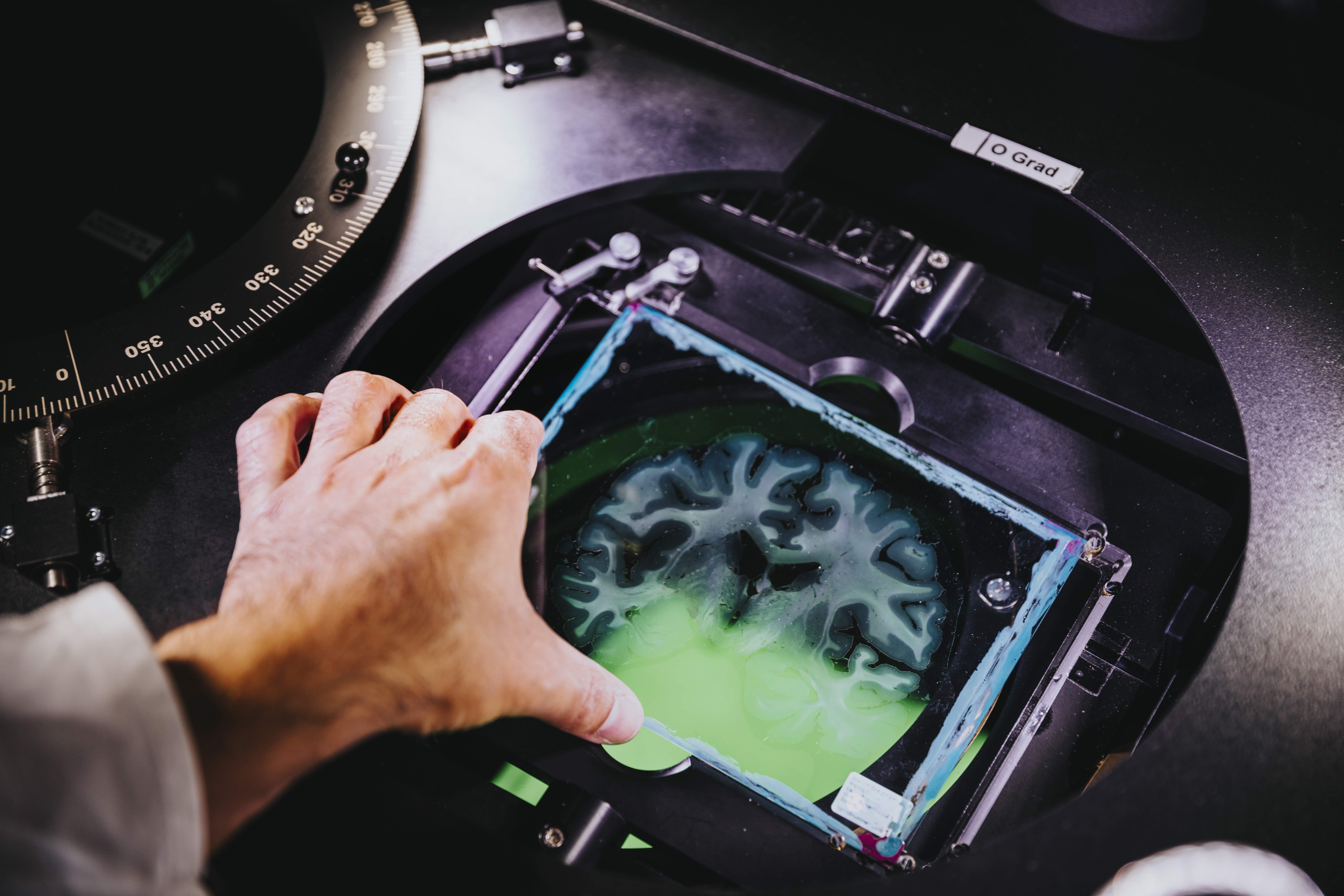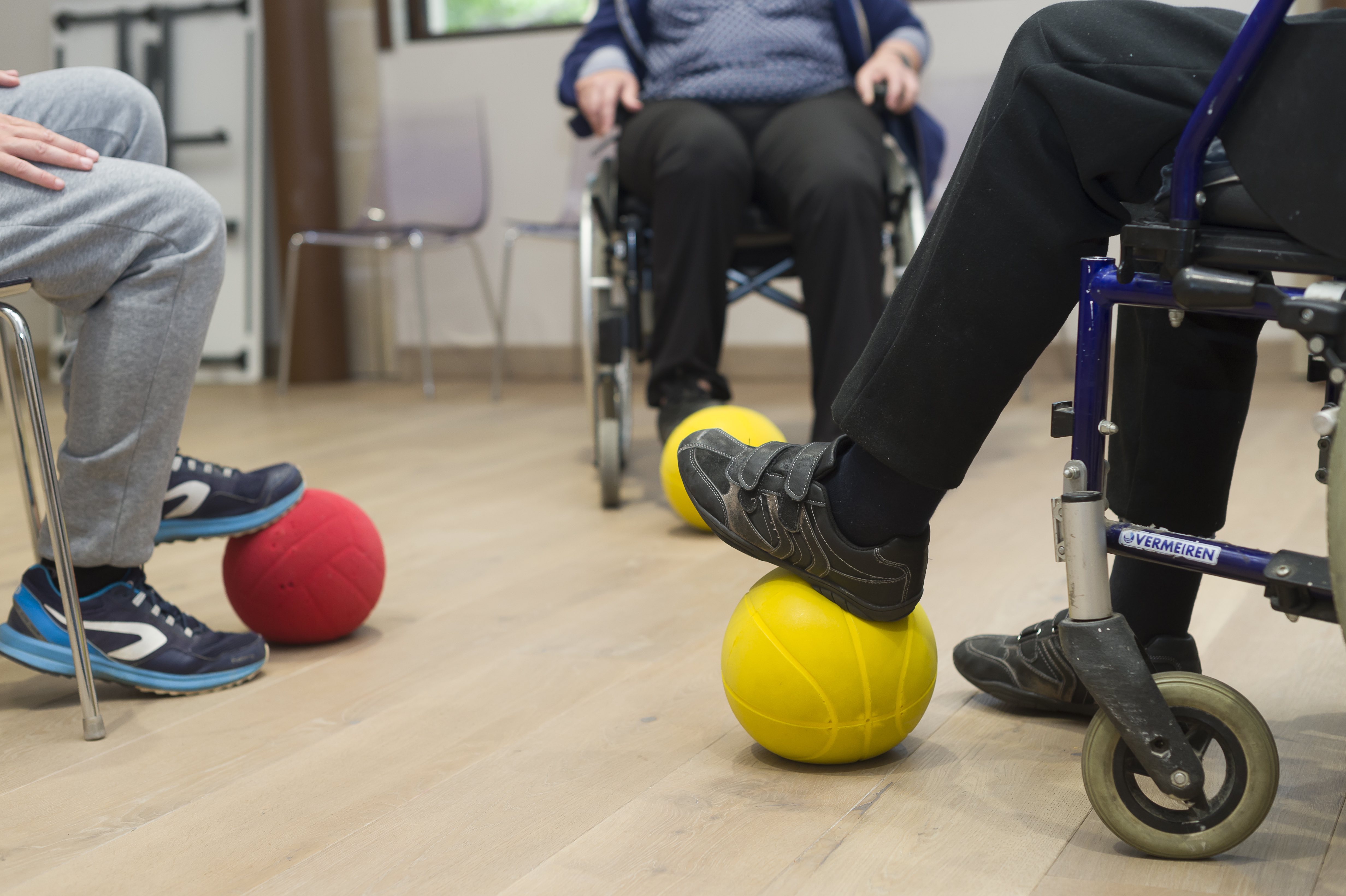
Health & Medicine
What we now know about long COVID and our brains

On World Brain Day, work continues to provide access to life-changing therapies to improve life for those living with brain disorders to reduce disability
Published 21 July 2023
Health, defined by the World Health Organization (WHO), is “a state of complete physical, mental, and social wellbeing and not merely the absence of disease or infirmity”.
Brain health is defined by WHO as “the state of brain functioning across cognitive, sensory, social-emotional, behavioural and motor domains, allowing a person to realise their full potential over the life course, irrespective of the presence or absence of disorders”.

The two are inextricably linked. Our brain health is the key to our overall health – it’s the agent for all human actions and experiences as a species.
And our brains are amazing.
It’s thought that there are about eighty billion neurons (nerve cells) that make up the human brain. Each neuron sends out an electrical wire, known as an axon, which is covered with a membrane called myelin that speeds up conduction and communication.

Health & Medicine
What we now know about long COVID and our brains
To get an idea of just how complex our human neurological system is – the length of these wires in our brains is equivalent to travelling around the Earth four times.
There then are about ten trillion connections between these neurons which help us to read, write, watch, learn, plan, think, feel, move and solve problems on a daily basis.
But, right now, brain health is at a crossroads.
The painful truth is that conditions affecting the brain and nervous system cause more death and illness globally than cardiovascular disease, cancers and all other conditions.

Disorders affecting the health of our brains continue to be the leading cause of disability globally, but many of these disorders can be prevented by modifying our risk factors.
For example, worldwide, around 50 million people have dementia – but nearly 50 per cent of dementia cases can be prevented by taking steps that include maintaining a healthy weight, keeping away from smoking and too much alcohol consumption, as well as learning new hobbies.
If we look at strokes, there are more than 80 million people currently living who have experienced stroke – and around 90 per cent of those strokes could be prevented by addressing just ten modifiable risk factors that include things like treating hypertension, increasing physical activity and maintaining a healthy diet.

Health & Medicine
Working to stop MS in its tracks
But there’s a lot to do to achieve these targets and save brains globally. A crucial step is raising awareness of brain health.
World Brain Day was launched in 2014 as an annual, global World Federation of Neurology (WFN) advocacy campaign to promote brain health and educate everyone about the importance of keeping their brain healthy.
Every year, we focus on a different area of brain health.
This year, WFN and the World Federation of Neurorehabilitation (WFNR ) have teamed up to raise awareness on brain health and disability globally – with the aim that no one is left behind.

Brain disorders like stroke, migraine and headache disorders, dementia, head injuries, epilepsy, Parkinson’s disease, neuroinfectious disease (like meningitis) and just over 400 other disorders affect approximately three billion people of all ages globally and are the leading cause of disability.
By aligning with the WHO’s efforts to fight disability worldwide, disability can be prevented and rehabilitated, but to do this, people with chronic and progressive disease need expert neurological care.
Our aim with World Brain Day is to alert not only professional societies, researchers and experts, but also the public, about on the critical neurological issues around disability.

Health & Medicine
Investigating the brain’s insulation
Debilitating neurological diseases can impact every aspect of a person’s life, with effects ranging from cognitive impairment to significant physical disability.
An estimated 1.3 billion people – that’s around 16 per cent of the global population – currently experience significant disability of some kind.
In fact, each one of you, your family members or your friends are likely to temporarily or permanently experience disability at some point in their life.
Many of these disabilities will be brain health-related, and these will continue to increase as we live longer. So raising experience of brain health and preventative brain health is critical as we try to mitigate this issue globally.

Early diagnosis of brain disorders is important, as are rehabilitation programs, when it comes to reducing disability. Ensuring the support of clinical research is also key to the success of treating people with over 400 neurological disorders.
The past few decades have seen an increase in research and many bench-to-bedside developments, which could and should be implemented into clinics around the world.
This would not only benefit patients, it could also radically change the concept of therapy in many neurological disorders.

Health & Medicine
Brain white matter declines for years after a stroke
By raising awareness of the treatments available and working with health care professionals around the world to recognise the signs and symptoms of neurological disorders, many more people could be diagnosed early and effectively treated.
You can find out more about your brain by visiting the World Brain day 2023: Brain Health and Disability website.
The World Federation of Neurology is hosting a global webinar on 22 July, 2023 at 9.00 pm AEST with a live question and answer session. You can pre-register your interest or join the free webinar.
Picture: Getty Images